Anti-Intellectualism as Part of Modern Education

Calliope Beneventi (Italy)
According to a civic education poll conducted by the Oklahoma Council of Public Affairs in 2009, only one in four students in Oklahoma public high schools could name the first President of the USA. The data collected from 1000 students, who answered 10 questions by telephone, shows that only 3% would have passed the U.S. citizenship test. Unfortunately, this is not a problem that occurs with the educational system of a single state. The dominant ideological matrix is deeply founded upon anti-intellectualism – a characteristic manifested with a negative attitude to intellectual values. Why isn’t the Government doing enough to break the patterns and bring the educational system back on track? Disciplined minds, taught to aim at low objects, are convenient for governing and manipulating through media. The system awards each student with a chip of obedience and creates a framework that should keep him dependent through student loans. Instead of being part of the solution, the educational institutions show no signs of resistance.The American schooling system glorifies good-looking cheerleaders and athletes, while students with intellectual superiority are commonly harassed and assaulted. These behavioral patterns are not typical for Asian and Western European countries, where the purpose of a student is to reach his full intellectual capacity. The modern education in the USA is losing authority with a staggering pace. The attempts to make the lectures easier and more approachable create a vicious circle that makes the students worse instead of better. Anti-intellectualism is closely tied to populism, which is the necessary antipode of elitism. The masses are always in need of charismatic leaders and vice versa, so the educational system is reinforcing the goals of elitism by making the citizens feel equal. Thus, anti-intellectualism is supported through formal usage of democratic tools, as means that mobilizes the citizens and appeals to the widest political sentiments of the masses.1
Schooling has always been the simplest and logical way of acquiring knowledge, as well as skills that enable students to gain more knowledge when they exit the system. Anti-intellectualism is formed in the early schooling years through weak progress and dependence on electronic devices. The students eventually master the ways of masking low intellectual levels and instill values that are often contradictory with education itself. In adulthood, this phenomenon takes a more refined character and it is expressed through conformism, advocacy for a political party without being aware of its fundamental values, and blind religiosity. These people refuse to take part in conversations that revolve around abstract themes, trying to bring the focus to terms closer to their understanding. The American educational system is producing passive citizens who can become easy subjects to authority, since they are not prone to critical thinking. “The mindless tolerance, which places observable scientific facts, subject to proof, on the same level as unprovable supernatural fantasy, has played a major role in the resurgence of both anti-intellectualism and anti-rationalism.2
The foundation of the problem lies in all stages of education, starting from the earliest lessons learned at home to the revolutionized curriculums of modern universities. Children are being amused with technology devices, which undermine their ability to concentrate for longer periods of time. Humanistic disciplines, which were at the heart of the university for centuries, have left the scene for the sake of scientific education imposed by the demands of global competition. This system contributes towards the creation of elites, while general knowledge and culture are being diminished. The fact that a great number of international students choose the USA as the dreamland of education is mostly associated to economic factors rather than quality and knowledge. On the other hand, the steady increase of applicants for entry at colleges and universities is mostly dependent upon demographic, social, and economic trends. These numbers do not convey the overall quality of education in American universities.
The outbreak of anti-intellectualism cannot be solved with simple changes in American education. The standardized tests, which have become an integral part of the system, are teaching students to focus on brief, specific answers to defined questions that do not motivate them to learn further. When this trivial knowledge leads to high scores, students are not motivated to dig deeper. The curriculums of online degree programs are another issue that needs to be addressed. The focus on making education accessible and easy for everyone is contrary to intellectualism. These trends produce under-educated “professionals” directed towards trivia and outright consumerism. The passivity of educators in U.S. educational institutions is another concerning tendency. Teachers do not take any actions to correct the issues they are aware of. They do not perceive themselves as actors of a movement for change in the schooling system and the society as a whole. As a result, they are promoting and establishing anti-intellectualism in all areas of living, including politics, business leadership, and citizenship. The ignorance, accompanied with arrogance and rejection, negatively affects all public policies. The decreasing attention span and deterioration of general knowledge is beneficial for the political elite, so the government has no interest in correcting the issues.
References
- Elias Canetti, Crowds and Power, Farrar, Straus and Giroux, New York, 1984
- Susan Jacoby, The Age of American Unreason, Random House Inc, New York, 2009




